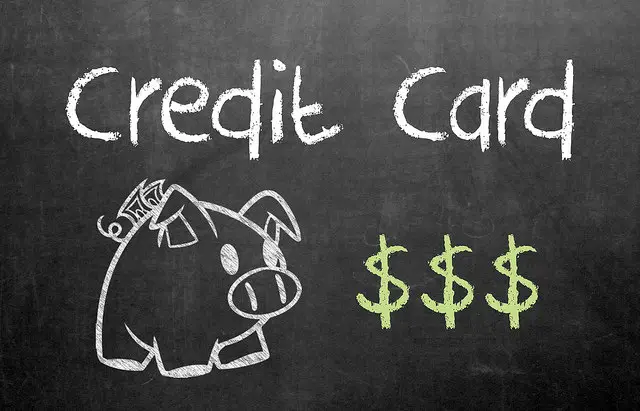 A question we often get here is, “How do credit card charges work?” The fact is, credit card companies make money by charging their customers interest on their monthly account balances. They also earn money from fees and other charges. The good news is savvy credit card holders know how to keep all of these expenses to a minimum if not avoid them entirely!
A question we often get here is, “How do credit card charges work?” The fact is, credit card companies make money by charging their customers interest on their monthly account balances. They also earn money from fees and other charges. The good news is savvy credit card holders know how to keep all of these expenses to a minimum if not avoid them entirely!
Interest
Your credit card has an annual percentage rate (APR), which is a measure of how much interest you pay on your debt. That APR can either be fixed or variable:
- The APR only changes if you fail to make your payments, or with advance notice from your credit card company
- The APR can move up or down from month to month
You can determine your monthly interest rate by dividing the APR by 12. For example, if the APR is 24%, the monthly interest rate on your balance is 2%.
If you don’t carry a credit card balance, then you pay no interest which is why it’s so important to pay your balance in full each month!
Fees
- Annual fee. Many rewards cards charge this fee. Thankfully, many other credit cards don’t.
- Late fee. This applies if your payment fails to arrive on time. The best way to avoid this charge is by paying online via your checking account or mailing your payment a week early.
- Cash advance fees. These fees apply when you use your credit card for a cash advance or a cash advance check. It’s best to avoid cash advances because the charges are extremely expensive.
- Banking fees. You may be charged fees for returned checks, or stop-payment requests too.
The good news is if you’re financially responsible, almost all of these fees are completely avoidable too.
***
(Readers: This is article 4 of my 25 part quick reference series on credit card basics.)
Photo Credit: GotCredit

It’s also about finding the right credit card. This was what I did before finally getting a cc. What is great about my credit card is that the users don’t have an annual fee to pay.
Credit cards are a great tool as long as you pay the balance every month. They’re even better if they pay rewards, such as points or cash back.
I HAVE 1 CREDIT CARD WITH FIRST PREMIER BANK. I GOT THIS CC IN 2003.
I ALSO HAVE A UNSECURED CC. I MANAGE THAT CARD WISELY AND I MAINLY USE THIS CC TODAY.
I CAN SAY WITH ME ONLY HAVING 1 CC IT RAISED MY FICO SCORE HIGH. I’M AT A 843 RIGHT NOW BUT I FOUND OUT THE SCORE RECENTLY CHANGED TO 997.
MY INSURANCE COMPANY SAID NOT SURE WHEN THEY CHANGED THE FICO SCORE TO 997.
HAVE YOU HEARD OF THIS BEFORE?
I WORKED SO HARD TO GET A 850 SCORE AND NOW THEY SAY ITS 997 TO BE EXCELLENT SCORE ?????????
Hi, Sonia. Yes … FICO began rolling out a new scoring system last year in stages. The NY Times indicated that the scoring system would still be a three-digit system, but they didn’t clarify if the scale would change from the current perfect score of 850 to something higher. I know insurance companies score their customers between 200 and 997 — but I have yet to get confirmation that the new FICO score does something similar.
Credit cards are a handy and lucrative tool if you have self control. Log on twice a month, pay your balance in full by transferring money from savings or checking, and watch the miles, points or cash back mount up! DO NOT SPEND MONEY YOU DON’T ALREADY HAVE IN YOUR CHECKING OR SAVING ACCOUNT AND YOU WILL BE FINE. Never pay interest on your card and you’ll never care how high cc interest is! Plus you will save 55 cents on every payment you don’t pay with a check but use cc instead and get miles, points or cash back!